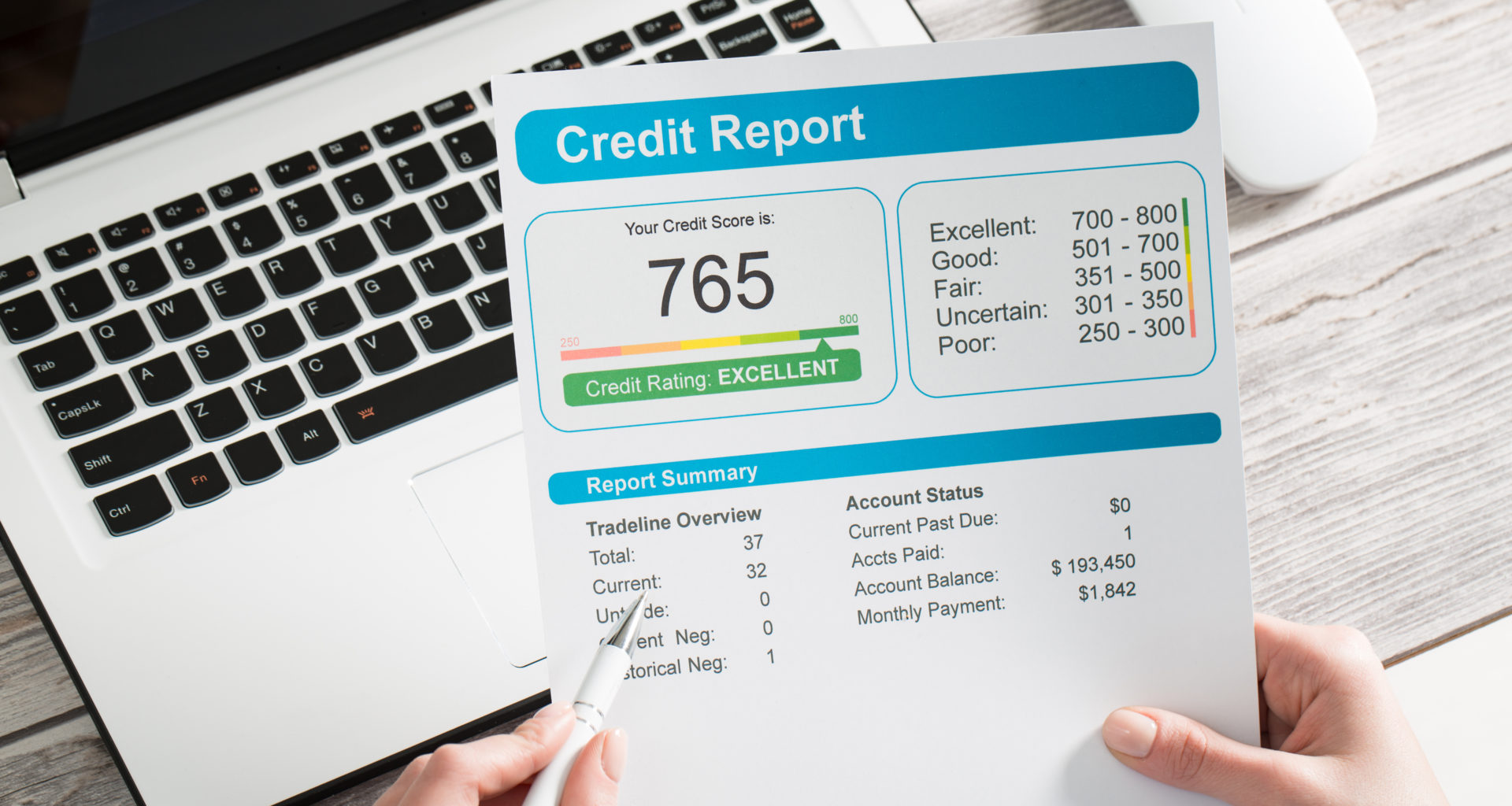Personal credit is something you should be familiar with as a business owner. Having good credit, or being “creditworthy,” makes getting financing easier when you need it.
But do you know what your business credit report is and how it works?
Business credit is like personal credit in many ways. But they are not exactly the same. They are made up of different data and have different uses.
Here are a few details included in business credit reports:
- Ownership information.
- Subsidiaries.
- Financial information.
- Risk scores.
- Liens or bankruptcies.
The credit report procedure begins when a company obtains a federal tax identification number. Unlike consumer credit reports, business credit reports are available to the public.
Business credit represents a company’s creditworthiness. And it can help with financing, acquiring a business credit card, and even doing business with suppliers.
Here are some of their distinct differences you should keep in mind.
- Identity numbers
Your Social Security Number relates to your personal credit history. But the IRS assigns an Employer Identification Number to your business. This distinguishes your company’s identity from you as its owner. Your EIN is associated with your business credit history.
Because states are in charge of business registration, companies registered in different states can use the same name. To avoid confusion, the IRS gives EINs that identify U.S. firms.
Businesses use their EIN to file taxes, get loans, and get licenses. It is made up of a nine-digit number, like the Social Security number, with the format: XX-XXXXXXX.
While sole proprietorships don’t need an EIN for tax purposes, they can still get one to establish business credit. SSNs (and ITINs) can be used for business purposes if you own a business that isn’t required to pay taxes separately from its owner.
StartupNation exclusive discounts and savings on Dell products and accessories: Learn more here
- Factors affecting credit scores
Payment patterns, credit card usage, loan usage, and other types of credit can impact personal credit reports and scores. Business credit history considers the same financial information as personal credit history. It also includes additional factors such as:
- Vendor credit history.
- Historical data.
- Business size and payment performance.
- What determines credit scores?
The FICO personal credit score has five major components:
- Payment History (35%)
Your payment history to lenders is the most crucial component in a FICO score. The first thing lenders look at is your ability to pay on time.
- Amounts owed (30%)
The whole point of working hard to improve your credit score is to borrow money when you need it. You don’t have to be a high-risk borrower because you owe money. But maxing out your credit cards will harm your FICO score.
- Credit history length (15%)
It takes time to get a strong credit score. In general, the longer a person’s credit history, the higher their FICO credit score.
- Credit mix (10%)
There are several types of debt, such as retail cards, credit cards, car loans, etc. FICO cannot establish your credit score unless you have some credit. So, to start (and improve!) your credit score, you must use credit cards and installment loans responsibly.
- New credit (10%)
According to FICO, opening many new credit accounts in a short period raises your credit risk.
Personal credit scores range from 300 to 850 evaluated by FICO or VantageScore. And business credit ratings are expressed in many ways, depending on the credit reporting institution and index used.
An Employer Identification Number (EIN) allows the IRS and credit reporting bureaus to track businesses.
If your small business has an EIN, the first step to establishing your score is to register with the following;
Equifax
Equifax scores your small business credit in a range of 101 to 992 on the Small Business Credit Risk Score for Financial Services. And a range of 101 to 816 on the Small Business Credit Risk Score for Suppliers. They determine credit scores based on:
- Payment history.
- The ratio of available credit.
- Age and size.
- Demographics.
- Public records.
Experian
Experian’s corporate credit score considers the same elements as Equifax. Experian collects information from lenders and vendors who have extended a credit line or loaned money to your company. They compare it to peers in your sector.
Dun & Bradstreet
The PAYDEX report ranks your business credit based on your company’s:
- one-year payment.
- history.
- financial stress scores.
- other data from at least four vendors.
Equifax, Experian, and D&B all generate business credit ratings besides credit reports, with scores ranging from 0 to 100.
Meanwhile, the FICO Small Business Scoring Service (SBSS) examines small business credit and runs from 0 to 300.
The higher the number, the more creditworthy the company.
Bottom line
As a business owner, you need to create a distinct credit profile for your company. Lenders will rely on your private credit profile to determine credit risk if you don’t have a business credit profile. This might limit your ability to borrow for your business.
Establishing business credit and distinguishing it from your personal credit are crucial steps for the growth of your business. It not only allows more opportunities for your business, but it also provides security for your personal assets, separate from your business.
Business credit might be more difficult to get than personal credit. It’s vital to understand the differences early on to ensure your company’s long-term viability.






